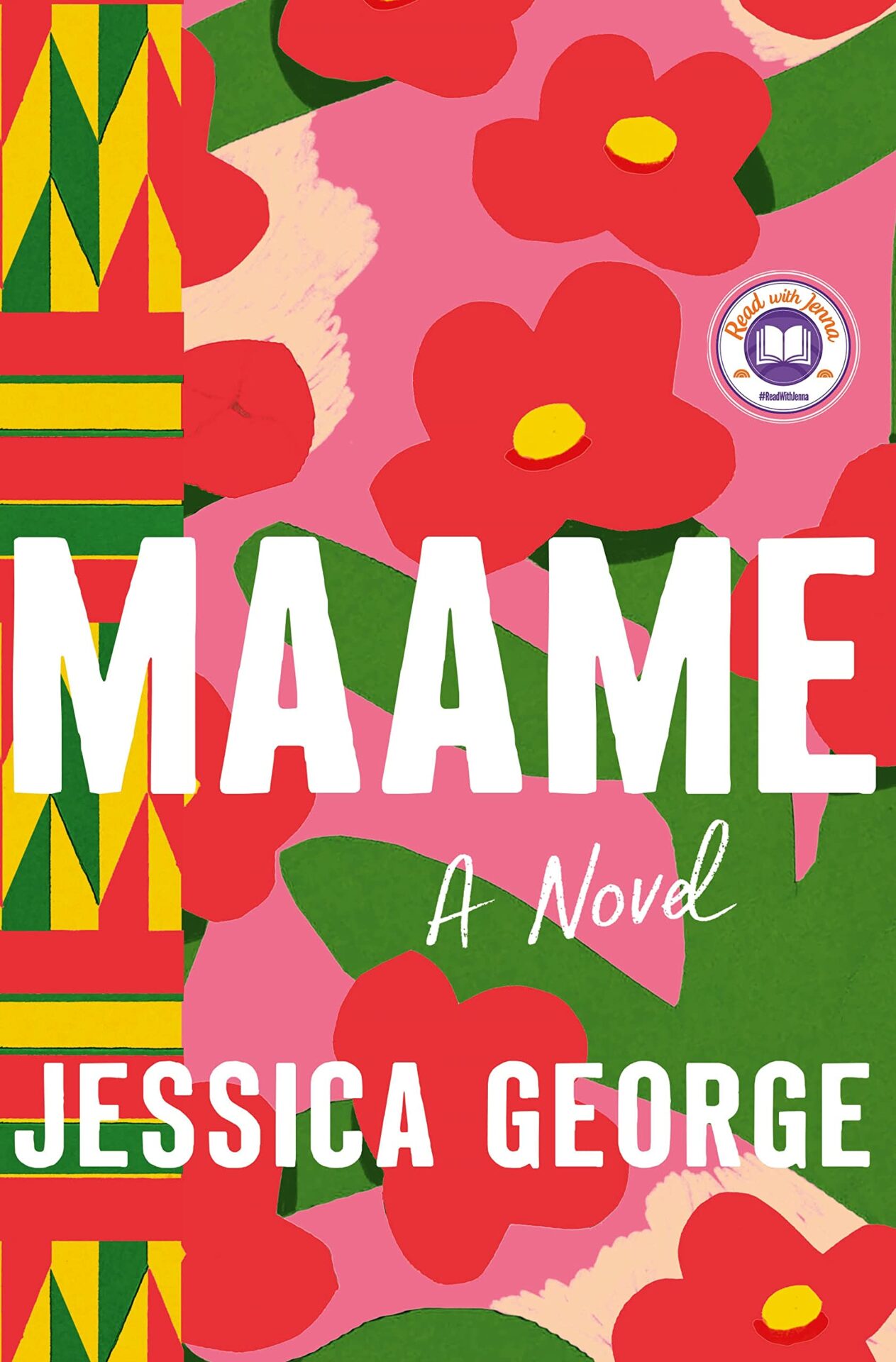

Maame means mother. Maame is also a name, depending on how you pronounce it. I’m still trying to figure out which one Jessica George was referring to.
Maame follows the story of 25-year-old Mandie, who is saddled with caring for her sick father. She has an absent mother who lives mainly in Ghana and a brother who does not support her.
I love how the story was told. Jessica George touched on significant themes in this book, like family, mental health, grief, and having to adult at a very young age. I could also relate to some of Mandie’s habits, like googling- I always google everything when I don’t have the answers. Also, having to grow up faster than the norm is something I can relate to.
The title is unnecessary and feels like bait. It was as though the author was trying so hard to relate to Ghana. The name maame only featured a lot at the end, which felt forced, almost like an afterthought. It was as though she remembered at the end that she hadn’t really incorporated the title, and she quickly scribbled something.
There was no correlation with why Mandie hated the name Maame because no one initially called her Maame. We knew Baaba was her Fante name, not Maame. Her mum called her Maame once, and she didn’t even register her displeasure. Neither were we told it made her uncomfortable. So, the explanation at the end was totally off and unnecessary.
Also, we were given the impression that Mandie’s mother was wealthy initially, but the author somehow portrayed the family as poor, which was confusing. Anyone who owns hostels in Ghana and anyone who can afford to shuttle between Ghana and the USA has money, so I don’t understand the picture she was attempting to depict.
It was giving me Nikki May vibes with the forced representation. It felt like if authors associated their stories with Africa, they would sell fast.
I felt used, like I, as a Ghanaian, an African, was just a marketing tool in the West. It really irked me. I love the story, but all the gymnastics about Ghana and the title got to me.
If you look beyond the cultural misrepresentation, you’ll enjoy the book. However, I hate when authors think their diaspora books will sell fast if they are associated with Africa. It’s irking, and I’m big on issues like this because it makes me feel used like I’m good for only PR and sales.